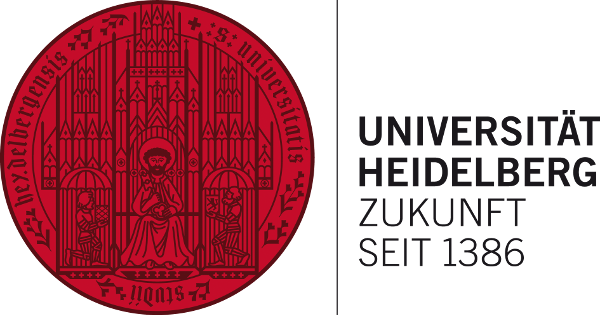Heidelberg University: New Publication By US Expert Detlef Junker Obtainable As Open Access E-Book
No country in the world has shaped German politics and business, culture and society in the 20th and 21st centuries more profoundly than the United States of America, says Prof. Junker. Conversely, no country has contributed as much as Germany to the rise of the US as a superpower and the globalisation of its interests. In his view, however, this connection was plunged into a dramatic crisis with Donald Trump’s presidency. “Only those who call to mind the tradition of one and a half centuries of nation-state relations between Germany and the US can also put into perspective the revolutionary disruption caused by the policies of the 45th US President,” the Heidelberg historian underlines.
Prof. Junker describes and explains German-American relations starting from the founding of the German Reich in 1871. He spans the period from the age of imperialism to the First World War and the Treaty of Versailles, from the Weimar Republic and the Great Depression to National Socialism and the Second World War. “The battle for world power between Adolf Hitler and US President Franklin D. Roosevelt is the watershed in relations between the two countries in the twentieth century,” says Prof. Junker. These chapters are followed by an analysis of the transatlantic relationship in the 45 years of the Cold War and during German unification. He concludes by analysing the paramount importance of 9/11 for German-American relations up to the present.
After obtaining his doctorate in Kiel and habilitation in Stuttgart, Detlef Junker accepted a professorship at Heidelberg University in 1975, where he started out as professor of modern history and founded the Schurman Library for American History. From 1994 Prof. Junker served as director of the German Historical Institute in Washington D.C., before returning to Ruperto Carola in 1999 – taking up the Curt Engelhorn professorship for American history at the Department of History. In 2003 he became the founding director of the newly established Heidelberg Center for American Studies, which he initiated and through which American studies gained a new dimension at Heidelberg University.

